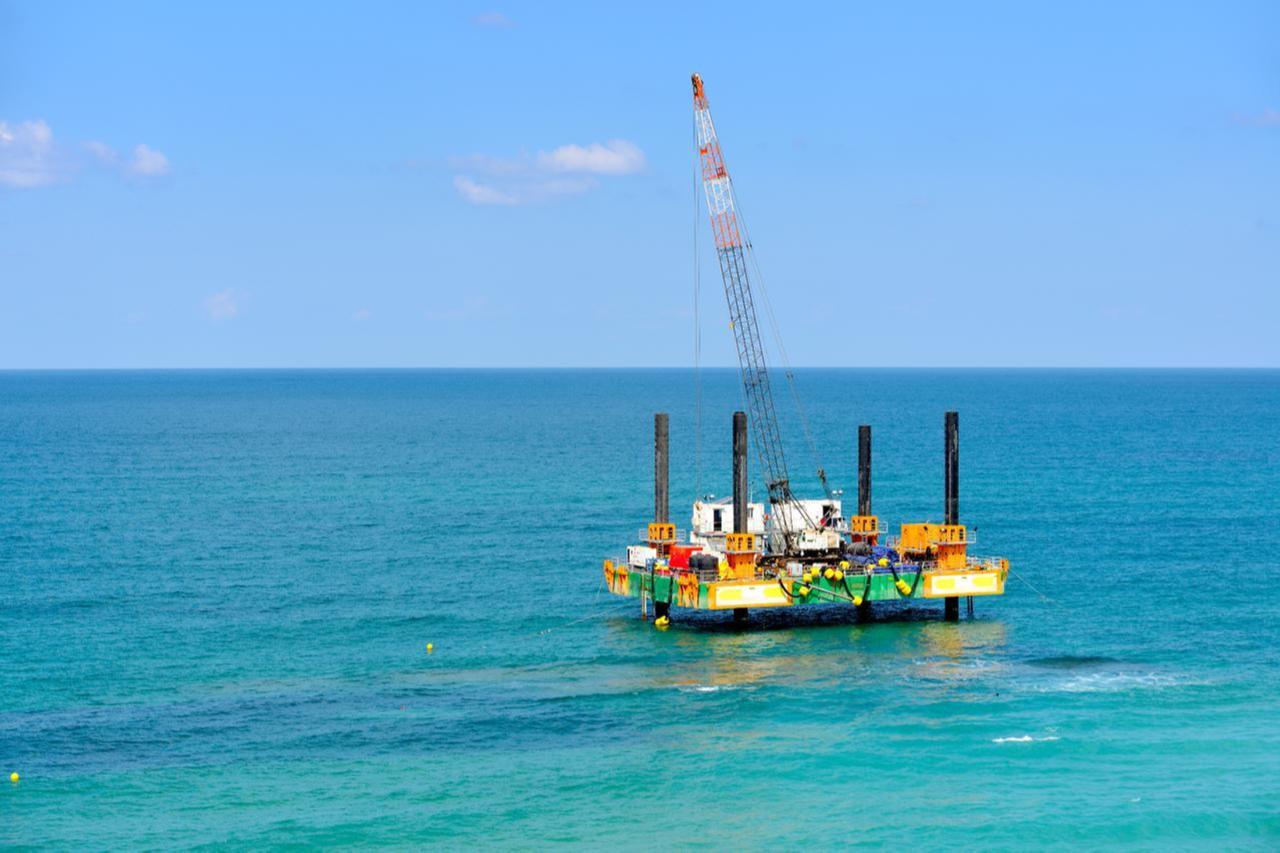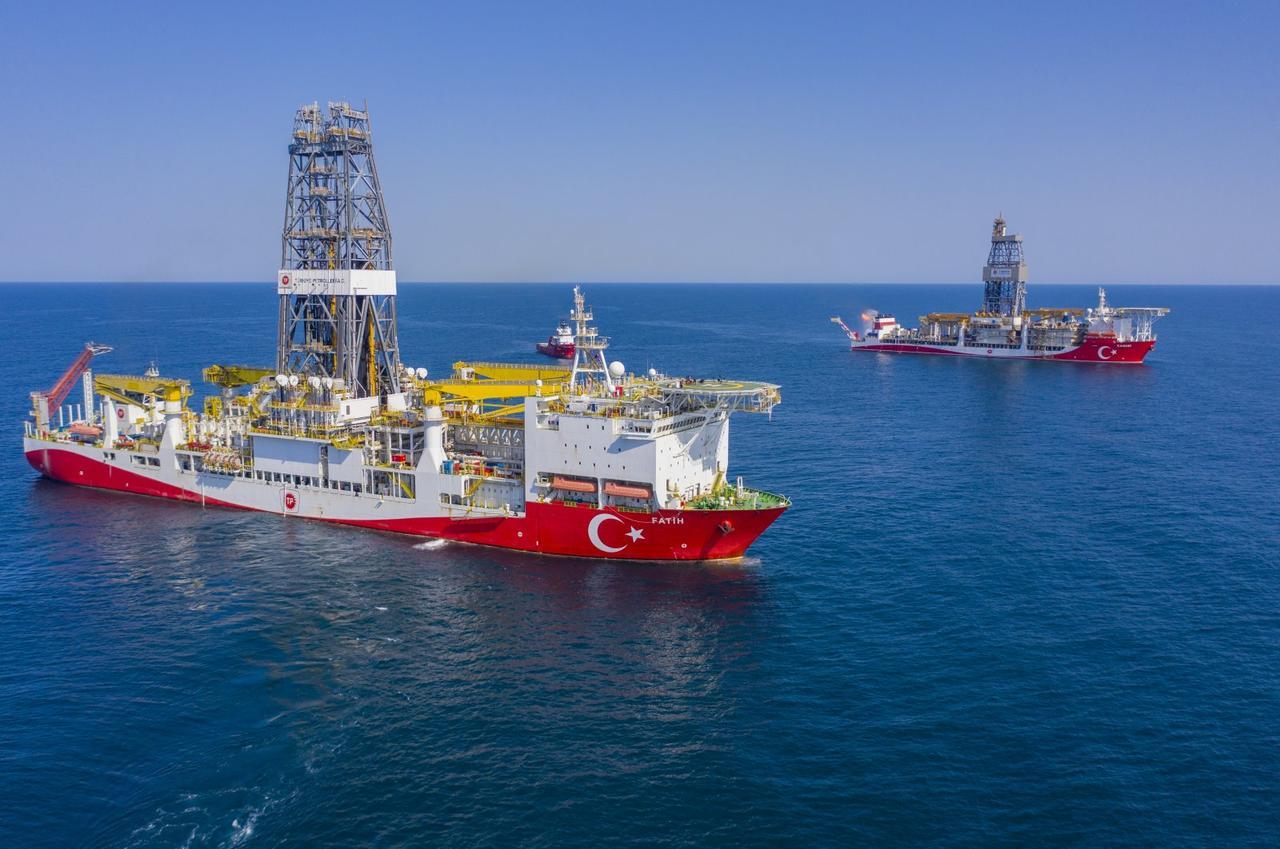
Egypt formally rejected a June 2025 memorandum of understanding between Libya's National Oil Corporation (NOC) and Türkiye's petroleum company for Mediterranean offshore exploration, telling the United Nations the agreement violates Egyptian maritime boundaries.
In a note verbale dated Sept. 8, 2025, Egypt's Permanent Mission to the U.N. stated that "Area 4" referenced in the June 25 memorandum "overlaps with the maritime boundary of the Arab Republic of Egypt."
The Egyptian government declared it "rejects any measures, conduct or legal effects that flow from that memorandum."
The Egyptian statement, signed by Ambassador Osama Abdelkhalek, also rejected Libya's declared outer limits of its continental shelf in the Mediterranean Sea, stating they "overlap with the western maritime boundary of the Arab Republic of Egypt."
Egypt argued that Libya's eastern maritime boundary claims are "located entirely within the maritime zone of the Arab Republic of Egypt" and constitute "a violation of the sovereignty of the Arab Republic of Egypt over its territorial sea and contiguous zone."

Egypt reiterated its non-recognition of the Nov. 27, 2019, memorandum of understanding between Türkiye and Libya's Government of National Accord "concerning the determination of maritime rights in the Mediterranean."
The Egyptian government called the agreement inconsistent with the UN Convention on the Law of the Sea.
Meanwhile, Greece continued pressing Libya to abandon the Turkish-Libyan maritime delimitation agreement during a Wednesday meeting between Greek Foreign Minister George Gerapetritis and Libya's Acting Foreign Minister Taher Salem Al Baour.
The 2019 maritime agreement between Türkiye and Libya, registered by the U.N. in October 2020, delineates Exclusive Economic Zones (EEZ) between the countries over potentially hydrocarbon-rich Mediterranean waters.
The deal has reshaped regional energy dynamics, with multiple countries asserting competing claims over the strategically critical maritime areas.
Egypt stated it remains "committed to cooperate, consult and negotiate with neighboring states in good faith to reach an agreement on the delimitation of maritime boundaries based on the principles of international law."